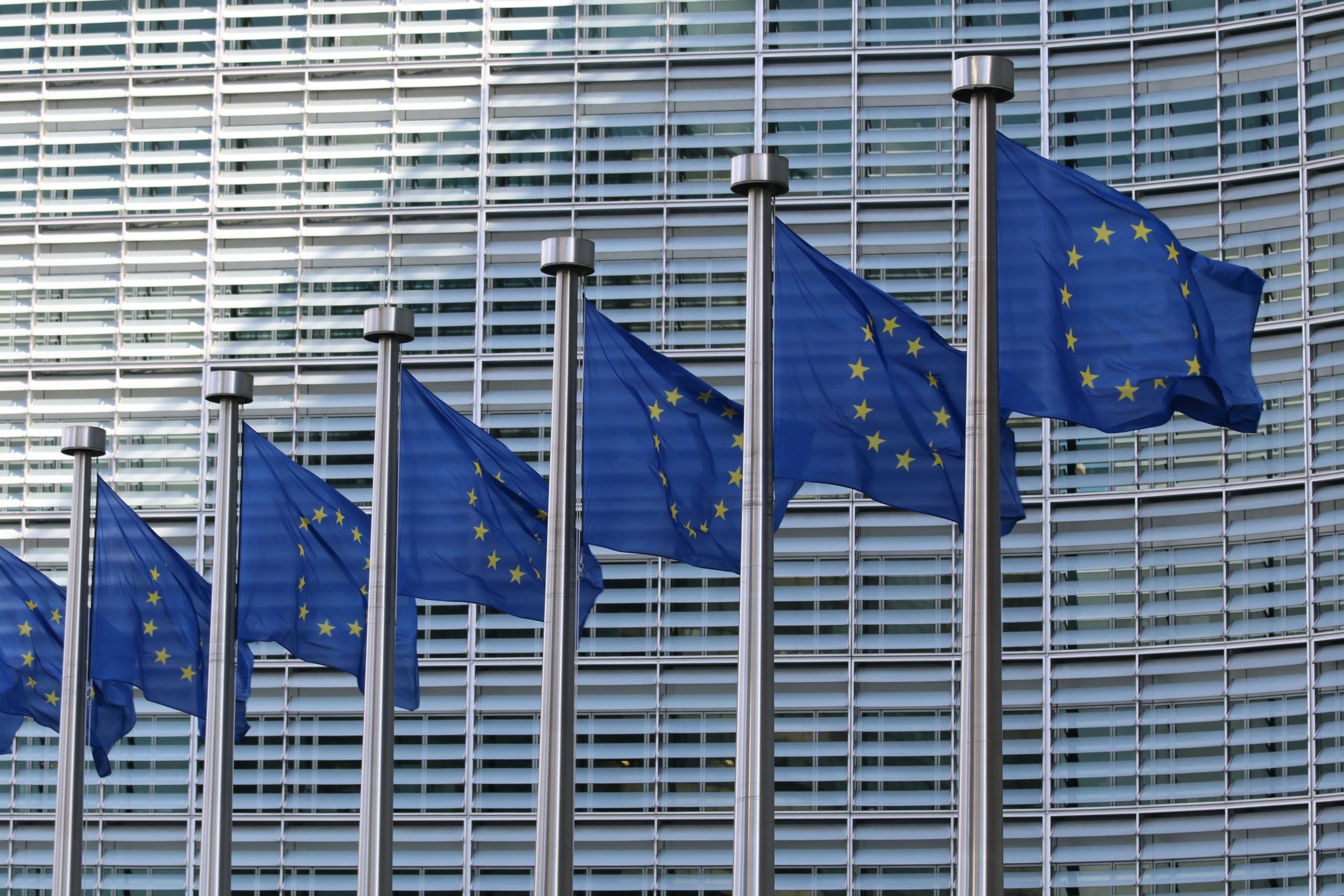EU corruption scandal: Italy postpones hearing to hand over key suspect to Belgium

Silvia Panzeri is facing corruption charges in Belgium alongside her parents, but her lawyers have argued that she should not be sent there due to overcrowding in Belgian prisons. An Italian court postponed, for the second time, a hearing on whether to extradite the daughter of an Italian former MEP suspected of involvement in the ongoing European Parliament corruption scandal on Tuesday. Silvia Panzeri, a 38-year-old lawyer practicing in Milan, was arrested last month for alleged involvement in money laundering, corruption, and criminal association.
Panzeri was "fully aware" of her father's activities, the prosecutor wrote in an arrest warrant seen by POLITICO last month. Her father Pier Antonio Panzeri, a former Socialist MEP, is currently facing jail in Belgium for allegedly intervening politically with members working at the European Parliament for the benefit of Qatar and Morocco. An appeals court in the northern city of Brescia postponed a decision on whether to extradite Silvia Panzeri to face charges in Belgium.
Her lawyers have argued that she should not be sent there because Belgian prisons are overcrowded, CGTN Europe reported. Judges have requested information from Belgium about its prison system, but at a rescheduled hearing on Tuesday, they said they had not received the necessary guidance from Brussels. As a result, the hearing has been pushed back to January 16.
The same court, with a different set of judges, has already approved the transfer to Brussels of Maria Dolores Colleoni, Pier Antonio's wife and Silvia's mother, who is also facing charges. Colleoni and Silvia Panzeri have been under house arrest in northern Italy since December 10 in compliance with a European arrest order issued by Belgian magistrates over their alleged "participation in a criminal organisation, money laundering and corruption". The whole family has denied any wrongdoing.
Panzeri and her family are among many suspects in the ongoing EU corruption scandal, which started late December, when authorities in Brussels arrested six people and seized at least EUR600,000 in cash.
Belgian authorities said they were probing corruption and money laundering, per a previous Reuters report. The investigation alleges that the officials took money, trips, and gifts, in lobbying for Qatar at the European Parliament, alluding to Doha's alleged role in influencing the parliament's policy-making, France's Le Monde reported. The French paper cited text in which the European Parliament expressed its concern over possible alterations to a number of resolutions "by corruption and undue influence".
The Belgian federal prosecutor's office sent a media statement at the beginning of the scandal, saying the police "suspected a Gulf country of influencing economic and political decisions of the European Parliament." Citing media leaks, reports were quick to claim Qatar, Morocco, and Bahrain's alleged involvement in the scandal.
Qatar rejects harmful allegations
Doha has vehemently rejected the claims since the scandal first emerged last month. Earlier last month, a diplomat at Qatar's EU mission told Doha News that the information leaked to the media was inaccurate.
The official added that "it is deeply concerning for those responsible for the leaks have neglected their commitment to justice and truth in pursuit of self-serving objectives. Eva Kaili, a vice president of the European Parliament, praised Qatar at an address to parliament in November for reforms around migrant workers prior to the World Cup, saying "Qatar is a frontrunner in labour rights, abolishing kafala and reducing minimum wage." However, Kaili was later removed from her position as her name began circulating in media reports as an alleged key suspect in the case.
Her partner Francesco Giorgi, an assistant to an Italian MEP, has also been arrested. One of the locations raided was Giorgi's Human Rights NGO "Fighting Impunity" in Brussels. The founder is former Italian MEP Antonio Panzeri, a central figure in this investigation.
He has been charged with intervening politically with members working at the European Parliament, allegedly for the benefit of Qatar and Morocco.
Meanwhile, the European Parliament announced on Monday that it had started the process of waiving the immunity of two of its members in response to a request from the Belgian judiciary investigating the corruption scandal. The two MEPs have been identified as Belgian Marc Tarabella and Italian Andrea Cozzolino, according to Reuters. "Following a request from the Belgian judicial authorities, I have launched an urgent procedure for the waiver of immunity of two members of the European Parliament," parliament president Roberta Metsola said on Twitter.
"There will be no impunity. None," she said. While the investigation is still ongoing, members of the European Parliament already voted to suspend Qatari representatives' access to its premises.
A diplomat at Qatar's EU mission told Doha News at the time that the decision "will negatively effect regional and global security cooperation, as well as ongoing discussions around global energy poverty and security." Last month, Qatar's Foreign Minister Sheikh Mohammed bin Abdulrahman Al Thani stressed Doha's "rejection" of misleading media leaks in a meeting with the European Union's High Representative for Foreign Affairs and Security Policy Josep Borrell. In a statement, Qatar's foreign ministry said that the senior Qatari diplomat underlined "the need to respect the judicial procedures and not to anticipate the results of the investigations."
Sheikh Mohammed also stressed "Qatar's rejection of the misleading media leaks that drag its name in this matter" during his meeting with Borrell.